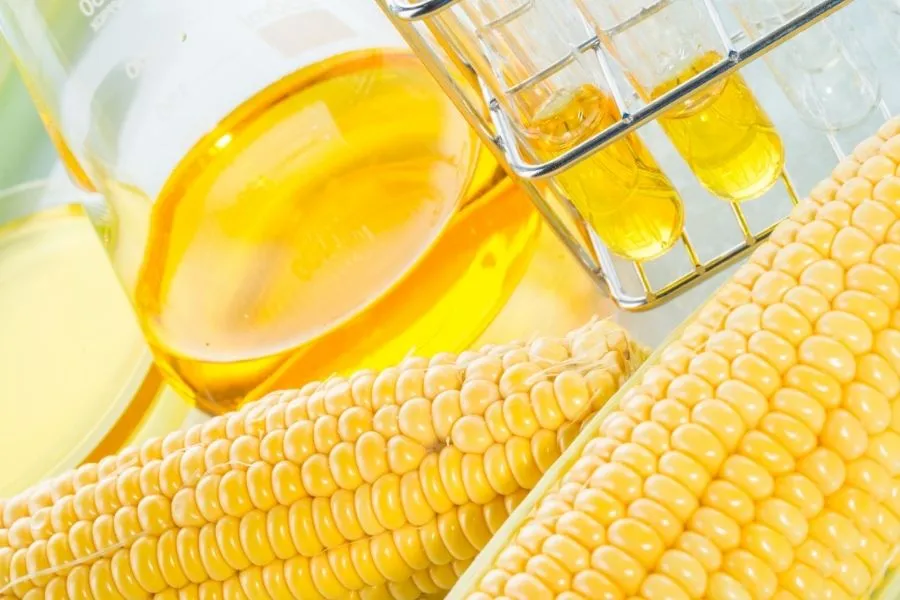High-fructose corn syrup (HFCS) has become a widely used sweetener in many processed foods and beverages. However, concerns have been raised about its potential dangers and negative impact on health. In this article, we will explore the risks associated with HFCS consumption and its potential role in various health problems.
Obesity and Weight Gain
One of the primary concerns regarding HFCS is its link to obesity and weight gain. HFCS is a highly concentrated form of sugar derived from corn starch. Its high fructose content can affect the body’s metabolism and appetite regulation, potentially leading to increased calorie intake and weight gain. Regular consumption of foods and beverages containing HFCS may contribute to an imbalance in energy intake and expenditure, ultimately increasing the risk of obesity.
Insulin Resistance and Type 2 Diabetes
Excessive consumption of HFCS has been associated with an increased risk of developing insulin resistance and type 2 diabetes. Initially it was considered as the regular sugar substitute to type-2 diabetes patient due it lower glycemic index but over time as researchers conducted test it came to be as worst substance type-2 Diabetes patient can put in their mouth. The high fructose content in HFCS can overload the liver, leading to increased production of triglycerides and a decrease in insulin sensitivity. Over time, this can contribute to the development of insulin resistance, a key factor in the development of type 2 diabetes.
Cardiovascular Health Issues
HFCS consumption has been linked to various cardiovascular health problems. The excess fructose in HFCS can contribute to elevated triglyceride levels, increased blood pressure, and a higher risk of developing heart disease. Furthermore, HFCS consumption has been associated with increased levels of uric acid, which can promote inflammation and contribute to the development of gout and other cardiovascular complications.
Liver Damage
The liver plays a crucial role in metabolizing fructose. Excessive consumption of HFCS can lead to an overload of fructose in the liver, potentially causing liver damage, non-alcoholic fatty liver disease (NAFLD), and even liver fibrosis. The increased prevalence of HFCS in processed foods has been suggested as a contributing factor to the rising incidence of NAFLD.
Negative Impact on Gut Health
HFCS consumption may have adverse effects on gut health. Studies suggest that HFCS can alter the gut microbiota composition, leading to imbalances and an increased risk of gastrointestinal disorders. Disruption of the gut microbiota can have widespread effects on overall health and may contribute to inflammation, digestive issues, and immune system dysregulation.
Conclusion
The dangers associated with high-fructose corn syrup (HFCS) consumption cannot be overlooked. Regular consumption of HFCS has been linked to obesity, insulin resistance, type 2 diabetes, cardiovascular problems, liver damage, and negative effects on gut health. It is crucial to be mindful of the presence of HFCS in processed foods and beverages and make informed choices to limit its intake.
Opting for whole, unprocessed foods, and beverages without added sugars can help reduce the consumption of HFCS and promote a healthier diet. Reading food labels and choosing products with natural sweeteners or opting for homemade alternatives can also be beneficial in reducing HFCS intake.
It’s essential to prioritize a balanced diet that includes a variety of nutrient-dense foods and consult with healthcare professionals or registered dietitians for personalized dietary guidance and support.
FAQs
- Is HFCS worse than regular sugar? HFCS and regular sugar (sucrose) are similar in composition and can have similar effects on health when consumed in excess. Both should be consumed in moderation as part of a balanced diet.
- Is HFCS found in all processed foods? HFCS is commonly found in many processed foods and beverages, but not all processed foods contain it. Reading ingredient labels can help identify the presence of HFCS in food products.

